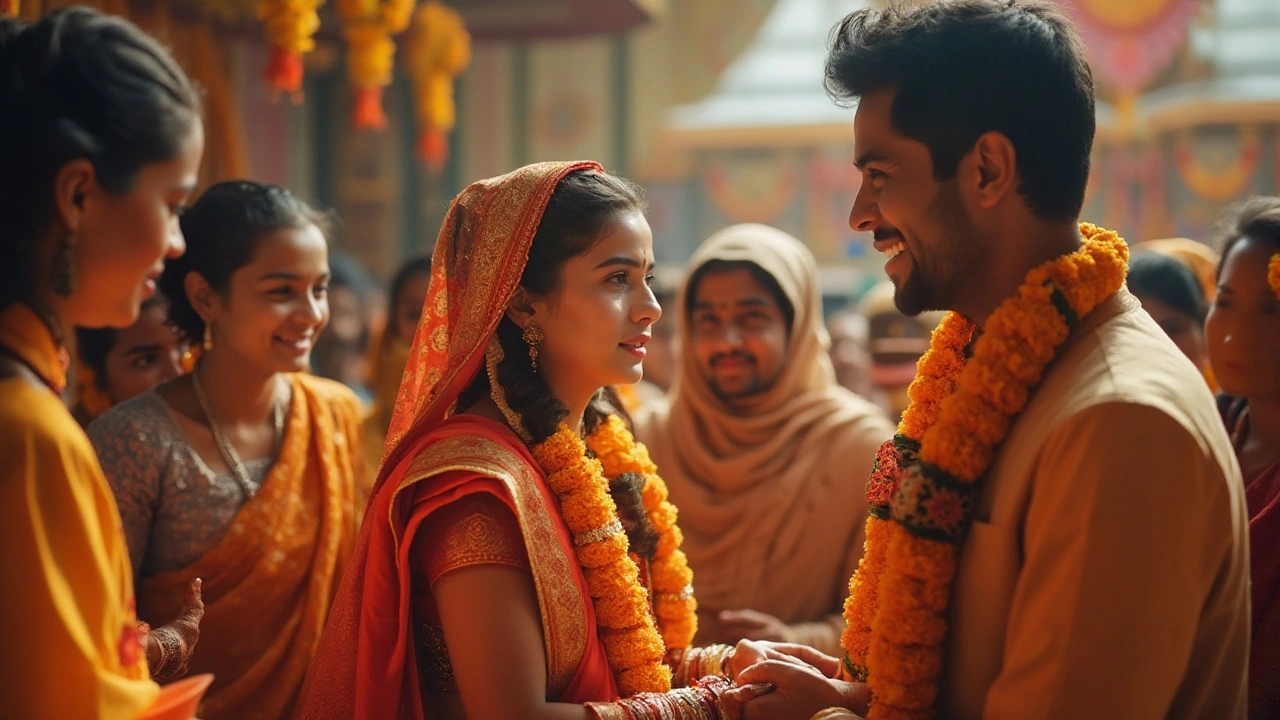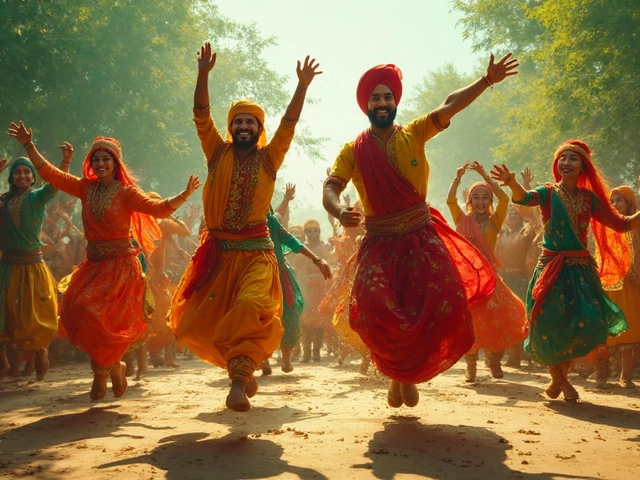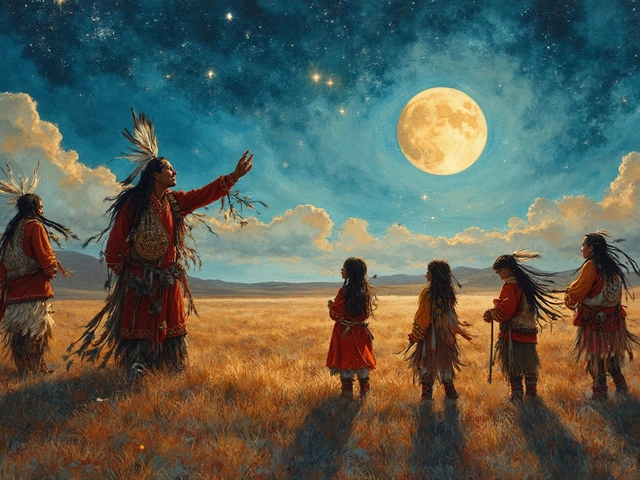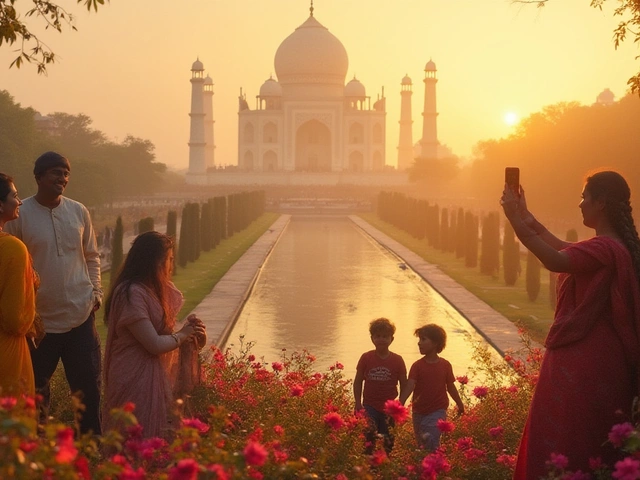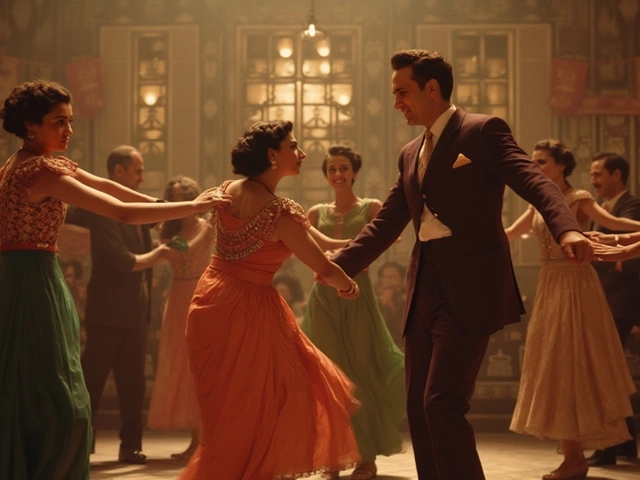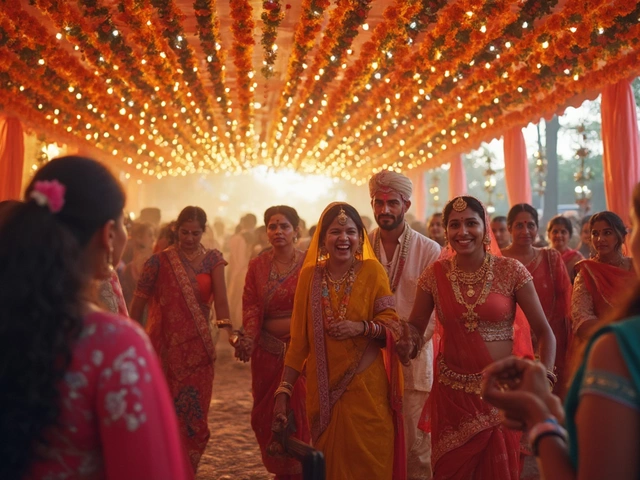Hindu Marriage Rules: Traditions, Customs, and What Really Matters
When people talk about Hindu marriage rules, the set of religious, social, and regional guidelines that govern weddings in Hindu communities. Also known as Hindu wedding customs, these rules aren’t just ancient texts—they’re lived practices that still guide how millions say "I do" today. This isn’t about rigid dogma. It’s about family, identity, and continuity. From the moment a match is considered to the final vows around the sacred fire, every step carries meaning—and often, deep regional variation.
One of the most talked-about rules is the gotra system, a lineage-based restriction that prohibits marriage between people sharing the same ancestral sage line. Also known as clan exogamy, it’s meant to prevent close kin unions. While modern couples often ignore this, many families still check gotra records before finalizing a match. Then there’s the dowry system, the historical practice of the bride’s family giving gifts or money to the groom’s family. Though illegal since 1961, it persists in subtle forms across parts of North and Central India, shaping how families approach negotiations, even today.
Another key element is the emphasis on arranged marriage, a process where families play a central role in selecting partners based on caste, education, horoscope, and compatibility. Also known as family-mediated matchmaking, it’s not about forcing people together—it’s about pooling social knowledge to find a lasting union. In cities, you’ll see hybrid models: couples meet through family introductions but choose each other freely. In villages, the process remains more traditional, with horoscopes (kundli matching) still being taken seriously by many.
There’s also the role of caste, the social hierarchy that still influences marriage choices, despite legal equality. While inter-caste marriages are rising, especially among younger generations, many families still prioritize matching within the same caste or sub-caste. This isn’t about discrimination alone—it’s tied to shared language, food habits, festivals, and even how rituals are performed. A wedding in Tamil Nadu follows different rules than one in Punjab, even if both are "Hindu."
What’s often missed is how these rules interact with modern life. A woman in Bangalore might have a career, choose her own partner, and still follow the traditional fire ritual because it connects her to her grandmother. A man in Varanasi might reject dowry but still insist on gotra compatibility because his parents would be heartbroken. Hindu marriage rules aren’t frozen in time—they’re being rewritten, quietly, by each new generation.
What you’ll find below are real stories and clear explanations about how these rules play out—from the sacred threads tied during the ceremony to the quiet family debates behind closed doors. Whether you’re planning a wedding, curious about Indian culture, or just trying to understand why certain traditions persist, these articles cut through the noise and show you what actually happens on the ground. No myths. No stereotypes. Just the facts, as lived by real people across India.
